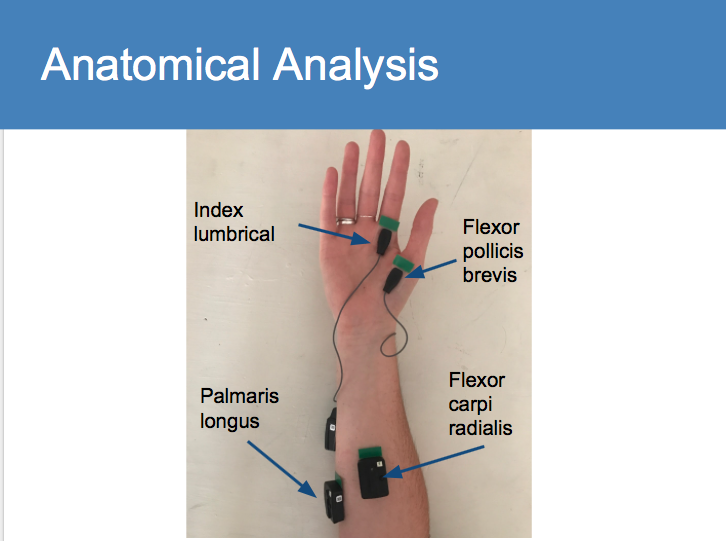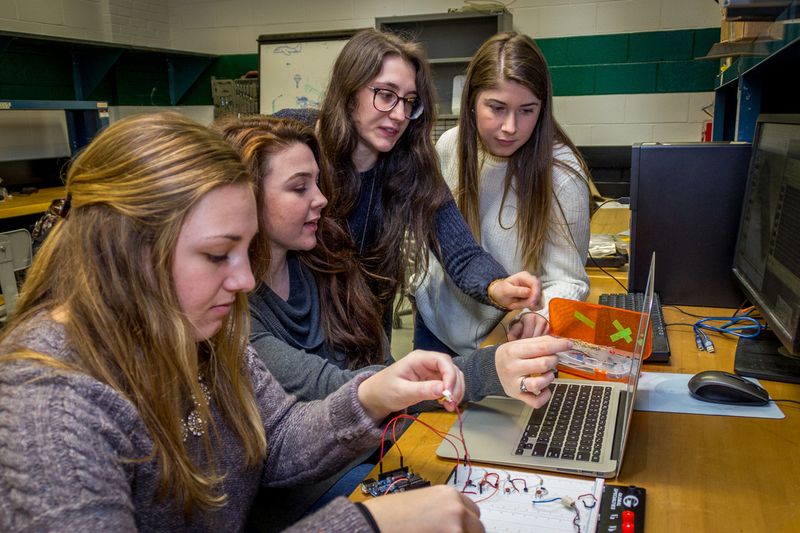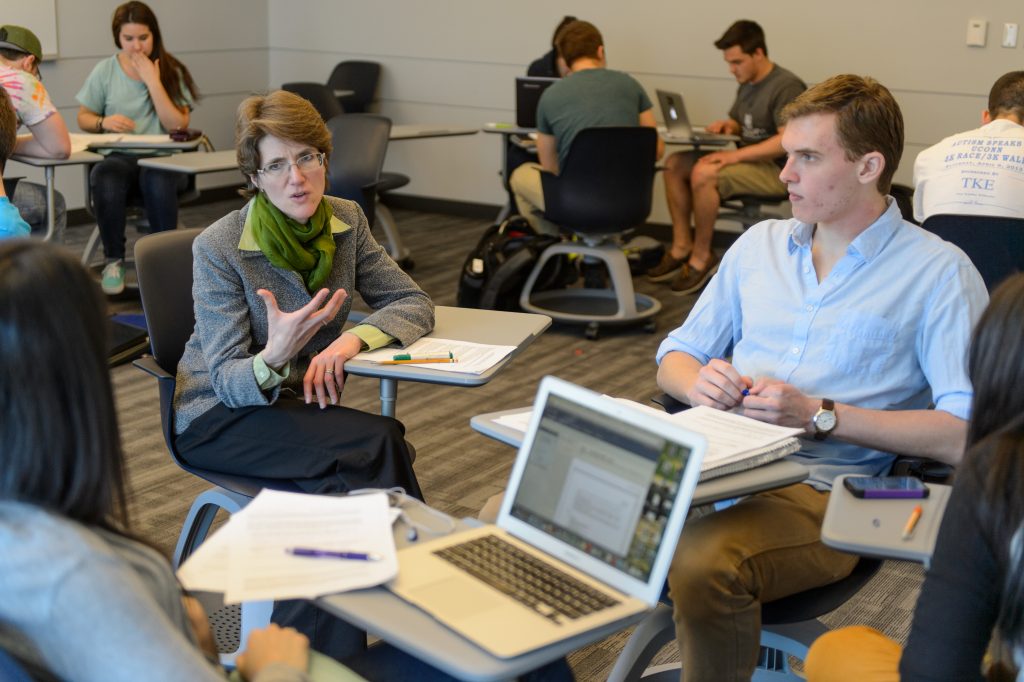
A team of four Biomedical Engineering students from UConn are breaking new ground in the fight against Spastic Cerebral Palsy. They’re all women, which is unusual, but that’s not what makes them ground-breaking – rather, it’s how they’re trying to fight the disease that sets them apart. They’re building a new approach from the ground-up.
“We’re creating a cerebral palsy hand rehabilitation device,” said UConn Senior Katie Bradley, “we have four motors that are going to be on our device. Each one of them is targeting the four muscles that we’re looking at.”
“We want to improve their quality of life, alleviate their pain,” said Senior Brittany Morgan.
Read more @ Fox61

